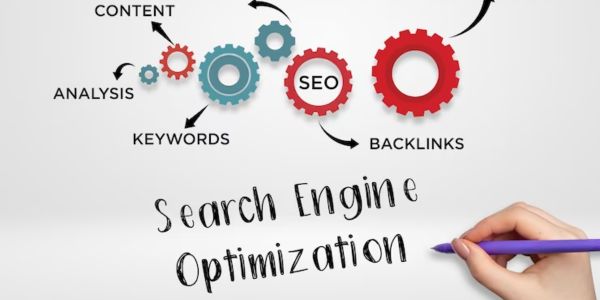On-page optimization refers to any optimization you do on your website, including content, structure, and HTML code, to make it more user-friendly and search engine friendly. The importance of on-page optimization lies in the fact that it tells search engines what your website and the individual web pages are all about. It includes optimizing elements such as meta titles, descriptions, H1 tags, image optimization, page loading speed, URL structure, and internal linking. By optimizing these elements, search engines can easily crawl and index your web pages, and consequently rank them for the right keywords.
The first important element of on-page optimization is optimizing your meta titles and descriptions. Meta titles and descriptions are what Google displays to users when they search for a specific keyword. Your meta title should be around 60 characters and your description between 155-160 characters. Ensure that your meta description includes a keyword, is informative, and encourages user clicks.
The second element of on-page optimization is title tags. They're essential for letting search engines and users know what your web page is all about. Your title tag should include a keyword and be descriptive and concise. Your title should be around 55 characters to ensure that it displays correctly in search results.
The third element of on-page optimization is image optimization. Images make your web pages more visually appealing and engaging for users. However, they can also slow down your website if not optimized correctly. Ensure that your images are compressed to reduce their size, use descriptive filenames, and include alt tags that describe what's on the image. Optimization of images, infographics, and videos on your site will enhance the user experience and also contribute to increased visibility on search engine results pages (SERPs).
The fourth element of on-page optimization is internal linking. Internal links are essential for enhancing the user experience as well as boosting your search engine rankings. Internal linking involves linking your web pages to each other. By doing this, users can easily navigate through your site, reducing bounce rates and increasing the time spent on your site. Internal linking helps search engines crawl and index your web pages, ensuring that your web pages are easily discovered by users.
Conclusion:
In conclusion, the importance of on-page optimization for SEO cannot be overstated. On-page optimization is crucial for optimizing web pages and enhancing user experience, ensuring that your website is more visible on search engine results pages. By optimizing meta descriptions, title tags, and other on-page elements such as images, internal linking, and page speed, you're setting up your website for SEO success. With the help of SEO companies and services, you can achieve significant results by optimizing your site for on-page elements. Ensure that every web page is optimized for the right keywords, and you'll see a significant increase in web traffic and conversions.









0 Comments